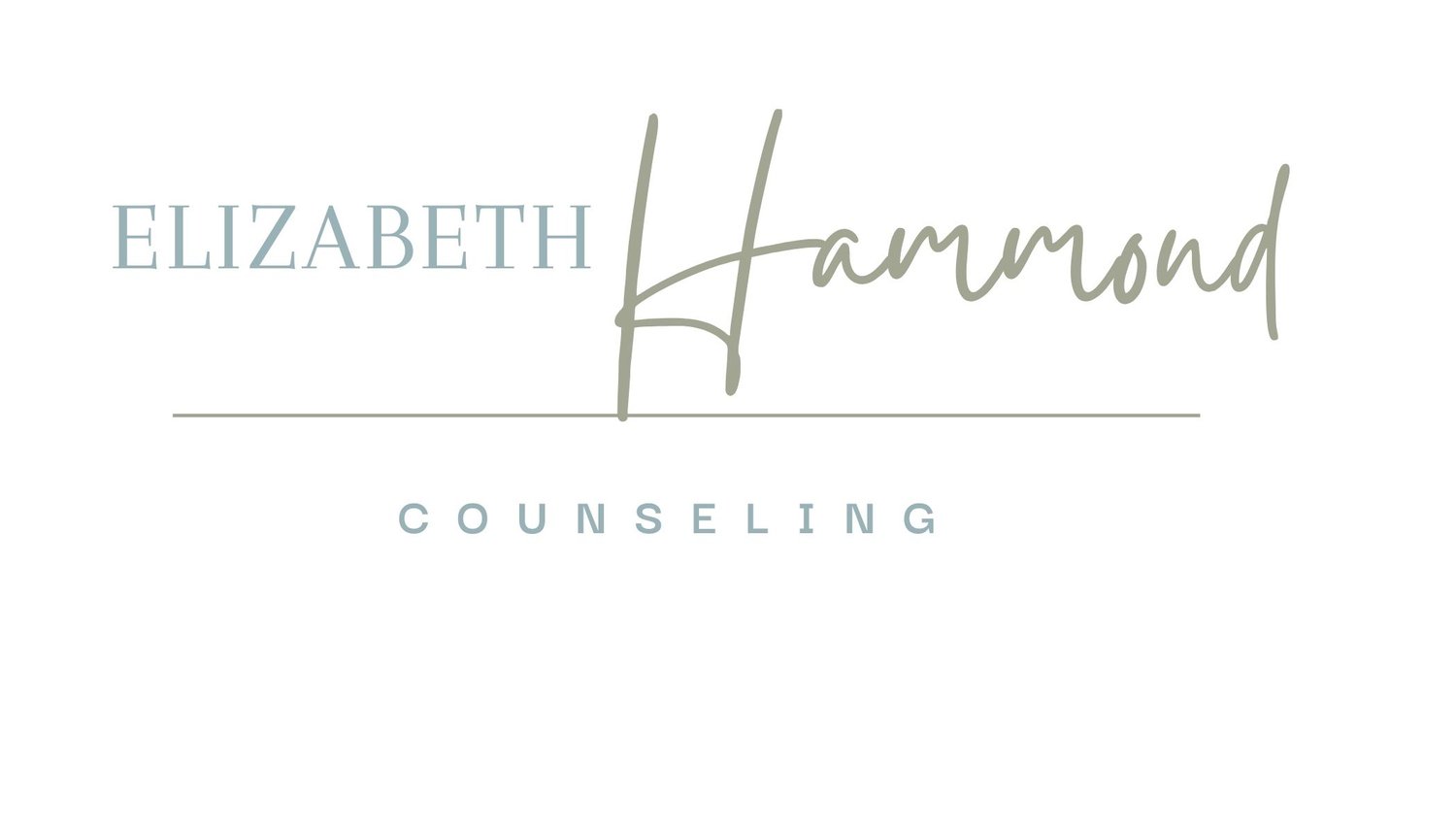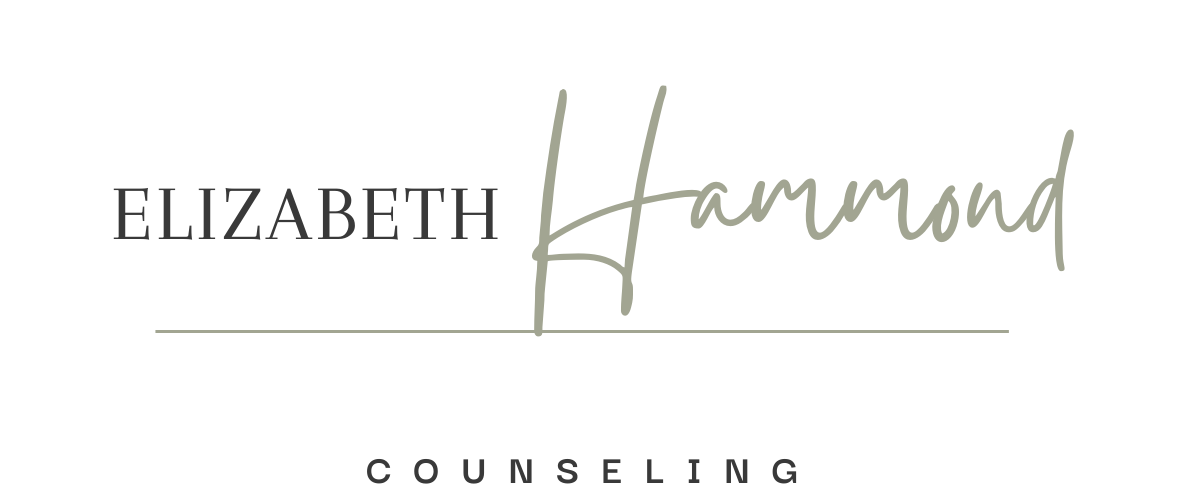The Four Cs of Setting Boundaries
Boundaries are crucial to maintaining healthy relationships and preserving mental health. As a therapist whose clients are often chronic people pleasers, I know how hard it can be to say no. Many of my clients don’t really know how to set a boundary, because they were never given permission in the past. Boundaries are not intuitive concepts, they are taught and modeled. If you grew up in a household where boundaries were not considered or respected, it can be very difficult to set them as an adult.
So, if you’ve always struggled to figure out what makes a good boundary, I encourage Clients to follow the four Cs. Boundaries should be Clear, Consistent, Consequential and, when appropriate, Compassionate.
Clear: “You need to stop smothering me!” a client might say to a parent who is a bit too involved. While this is probably true, it isn’t particularly clear. A better option is to specifically name the behavior you want stopped, and explain what you need in the future. “Please stop coming to my home unannounced. It makes me uncomfortable. Moving forward, I need you to tell me one day in advance if you plan to drop by.” This sets clear expectations.
Consistent: If you have instituted a boundary, you need to hold it every time. Sometimes it may feel easier to just let something slide, but overall that will continue the pattern you want to break. Try something like, “Hey mom, remember in the past I told you I was not comfortable with you swinging by without telling me the day before. This is not a good time, so I need to ask you to leave.”
Consequential: So you’ve done the work. You’ve set the boundaries, you’ve repeated it. People in your life aren’t respecting it. Now you enforce it. To be clear, this is not about punishing the boundary violator. It is about changing what you are willing to give to the relationship to make things more sustainable for you. “Hey mom, I have told you before that you cannot stop by unannounced anymore. You have not respected that. I am going to change the locks and unfortunately I cannot give you a key.” In some cases, people will not respect your boundaries no matter what, and you may consider ending the relationship all together.
Compassionate: This one is optional. Some relationships are toxic or abusive, and offering compassion increases your mental load and only gives the other person an opportunity to further manipulate you. But, in healthy relationships, people in your life will likely feel uncomfortable with new boundaries if you have never set them before. They may have never learned how to set and respect boundaries either. While it is not your job to manage these emotions, you can validate their feelings by saying, “I see that this is really hard for you because it’s different. In the past I may have said I was okay with this behavior or not mentioned that it bothered me, but now I want to change that expectation. It’s okay if this upsets you or you feel frustrated. I’m happy to answer questions, but I do need you to respect that this is what I need.”
If you are interested in learning how to effectively set boundaries and improve your relationships, contact me for a free consultation today!

